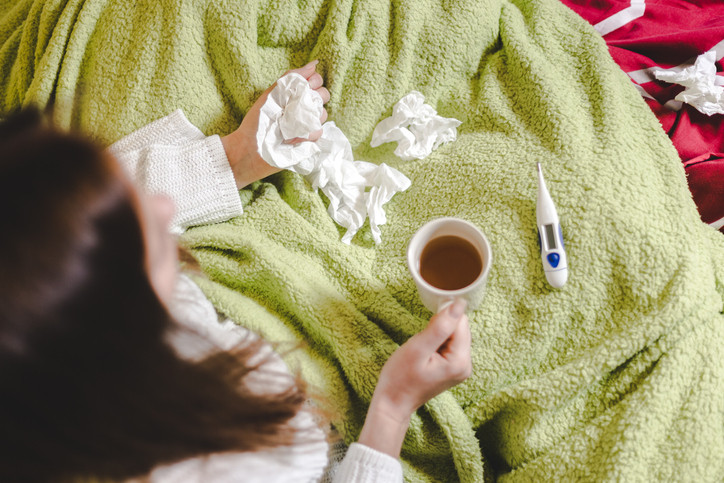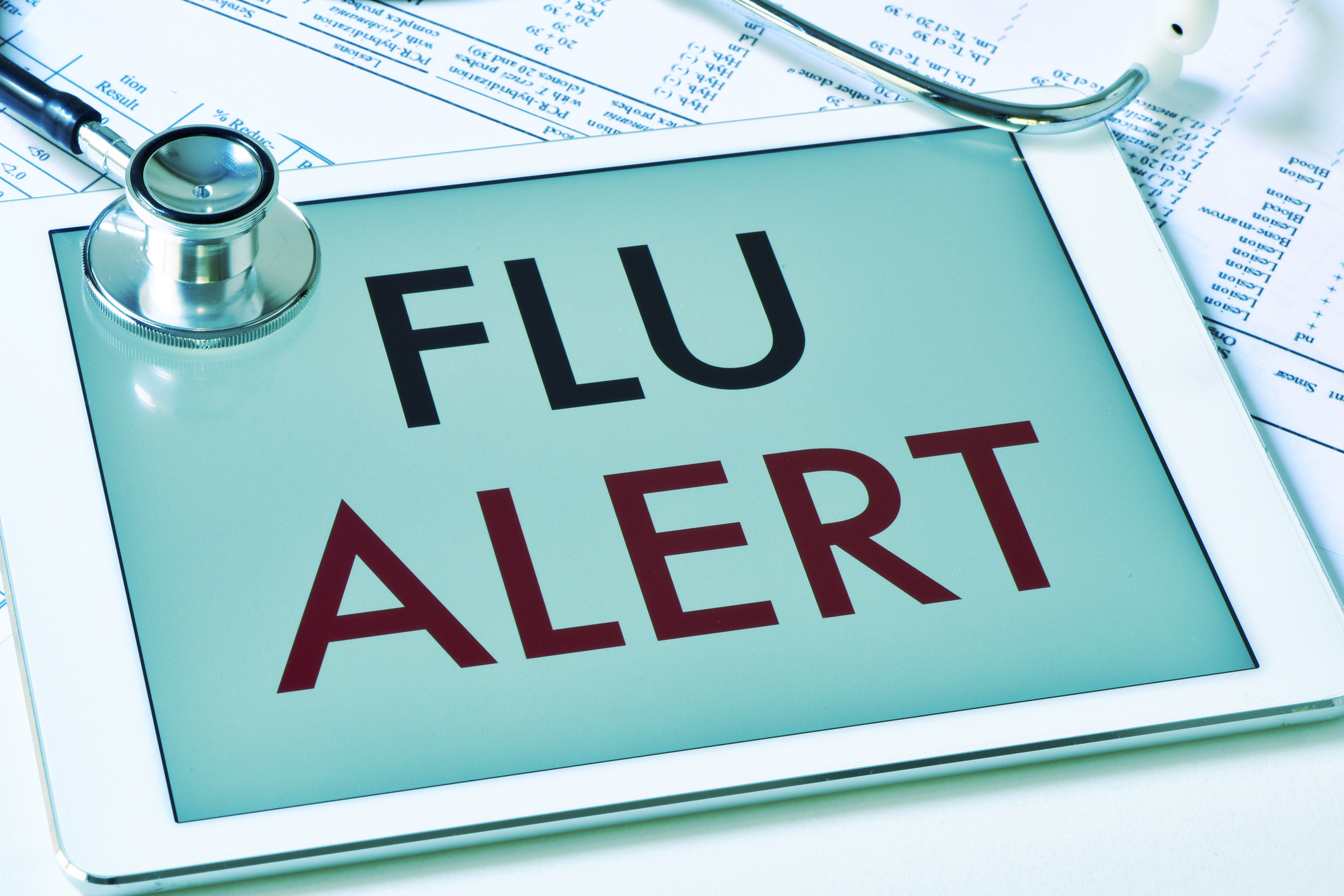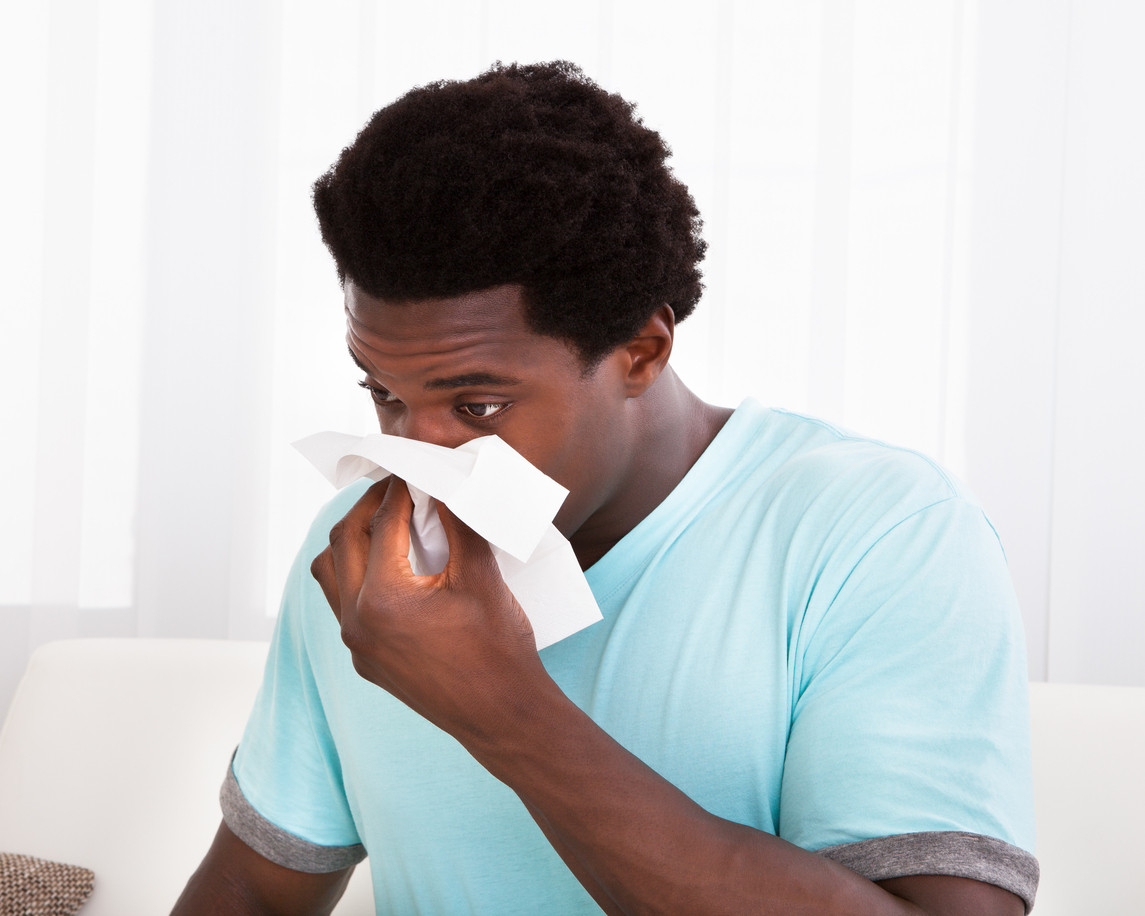
Tips to leverage neuroplasticity to maintain cognitive fitness as you age

Can white noise really help you sleep better?

Celiac disease: Exploring four myths

What is prostatitis and how is it treated?

What is Cushing syndrome?

Exercises to relieve joint pain

Think your child has ADHD? What your pediatrician can do

Foam roller: Could you benefit from this massage tool?

Stepping up activity if winter slowed you down

Common causes of cloudy urine
Cold & Flu Archive
Articles
Does the flu vaccine work as well in elderly people?
Ask the doctors
Q. My mother is in her late 80s. She received the flu vaccine this year, but I heard that it won't be as effective because of her age. Is this true?
A. The flu vaccine can be less effective in elderly adults. That's because the flu vaccine works by priming the body's own immune system to mount a response to the virus if it's encountered. Older adults may have weaker immune systems, and therefore a weaker immune response to the vaccine.
Bad flu season predicted — did you get your shot?
This year’s flu season may be severe. Almost everyone should get vaccinated, but which vaccine might be best for you? And how else can you avoid the flu?
New medication advances treatment for chronic rhinosinusitis with nasal polyps
The FDA has approved a new medication for the treatment of chronic rhinosinusitis with nasal polyps, dupilumab, which is given by injection biweekly.
This year’s flu season: Public health catastrophe or par for the course?
This winter flu activity has been higher than usual across the United States. If you have not gotten a flu shot yet, it’s not too late; some protection is better than none, plus there are other steps you can take to protect yourself and those around you.
The flu is here — and so is a new advisory from the CDC
If you have not yet gotten a flu shot, the CDC has issued an advisory for this season that may make you reconsider. The severity of the virus is stronger this year, and while the vaccine may not be as effective as in years past, some protection is better than none.
What’s new with the flu shot?
If you are planning to get a flu shot but have not yet done so, it may be worth waiting a little longer, as data on patients from four recent flu seasons found that protection against the virus declined over the course of the winter.
Should you take an antiviral drug when you get the flu?
One antiviral medication has drawn criticism, but it's still a treatment option.
Image: © kowalska-art/Thinkstock
Bad case of the flu? Antiviral medications, such as oseltamivir (Tamiflu) or zanamivir (Relenza), may reduce symptoms and help you recover from the flu a day or two earlier. But oseltamivir came under fire a few months ago for a lack of effectiveness.
In June, the World Health Organization (WHO) removed oseltamivir from its list of essential medicines. "Their decision was based on the relatively low effectiveness of oseltamivir in clinical trials and clinical practice. I suspect this is due to a significant number of people who started therapy after their flu symptoms had been going on for more than two days," says Dr. Paul Sax, an infectious disease specialist and Harvard Medical School professor.
Frequently asked questions about colds and the flu
Here are the answers to six commonly asked questions about colds and the flu.
Q. When should I stay home from work or keep my child home from school?
The flu shot saves children’s lives
Even though this year’s flu season is just about over, parents should be thinking about protecting their children next winter. Despite short-term reactions in some people, the flu shot is safe for nearly everyone.

Tips to leverage neuroplasticity to maintain cognitive fitness as you age

Can white noise really help you sleep better?

Celiac disease: Exploring four myths

What is prostatitis and how is it treated?

What is Cushing syndrome?

Exercises to relieve joint pain

Think your child has ADHD? What your pediatrician can do

Foam roller: Could you benefit from this massage tool?

Stepping up activity if winter slowed you down

Common causes of cloudy urine
Free Healthbeat Signup
Get the latest in health news delivered to your inbox!
Sign Up











